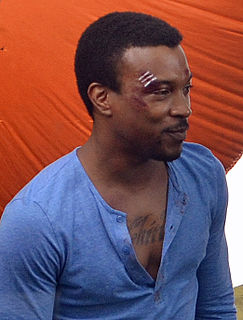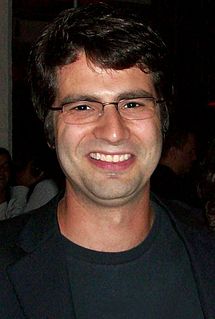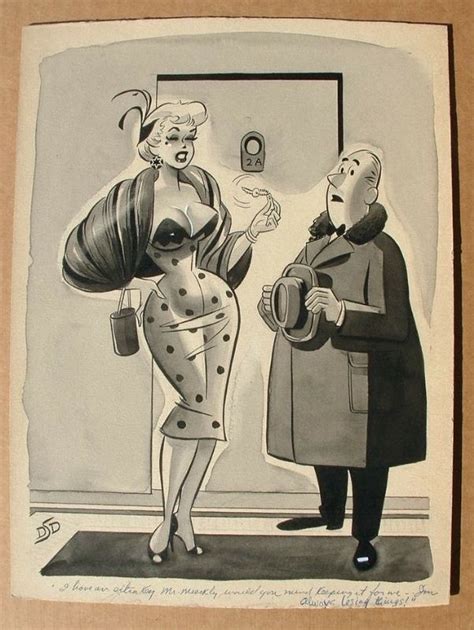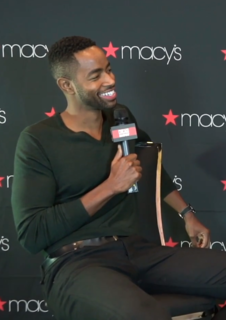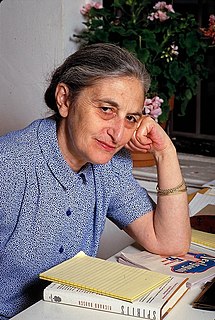A Quote by Octavia Butler
The only black people you found were occasional characters or characters who were so feeble-witted that they couldn't manage anything, anyway. I wrote myself in, since I'm me and I'm here and I'm writing.
Related Quotes
So the fact that there's someone who's planning what happens to the characters, writing it down, means that the characters always have a fate. And when we think about fate, we tend think of it as the thing we would have if we were literary characters, that is, if there were somebody out there, writing us.
I think, when I'm writing, I have a more clinical view than I do when I'm reading. I like pretending to be God and basically determining the fate of my characters. But as a reader, I'm a sucker. I'm very sentimental. I get upset when people that I like die. And yet I have killed off characters in my books quite heartlessly, and sometimes found that readers were very upset by it.
GOOD AS NEW was born out of the idea of writing a play where the stakes were high and the collisions were of a verbal nature. Also I wanted to write a play where people were smarter than I was, and more alive than I feel normally. I became interested in the idea of characters who would surprise me. I guess one could argue that nothing comes out of you that wasn't within you to begin with, but maybe there are ways to trick yourself into becoming more an observer or an advocate for the characters.
People often ask me if I feel discriminated against as a black female director. I don't. I'm actually offered a ton of stuff. But I only want to direct what I write. And I prefer to focus on black female characters. What's most important to me is to put characters up onscreen who are not perfect, but who are human and flawed.
The strange thing about my life is that I came to America at about the time when racial attitudes were changing. This was a big help to me. Also, the people who were most cruel to me when I first came to America were black Americans. They made absolute fun of the way I talked, the way I dressed. I couldn't dance. The people who were most kind and loving to me were white people. So what can one make of that? Perhaps it was a coincidence that all the people who found me strange were black and all the people who didn't were white.
After the success of 'Empire' and 'How to Get Away with Murder' and 'Scandal' and 'Power' and 'Black-ish', which all had characters that were genuine, authentic, and had the language of real people, I found myself coming into pilot season and every network just wanted to have their version of one of those shows.
Kools and Newports were for black people and lower-class whites. Camels were for procrastinators, those who wrote bad poetry, and those who put off writing bad poetry. Merits were for sex addicts, Salems were for alcoholics, and Mores were for people who considered themselves to be outrageous but really weren't.


